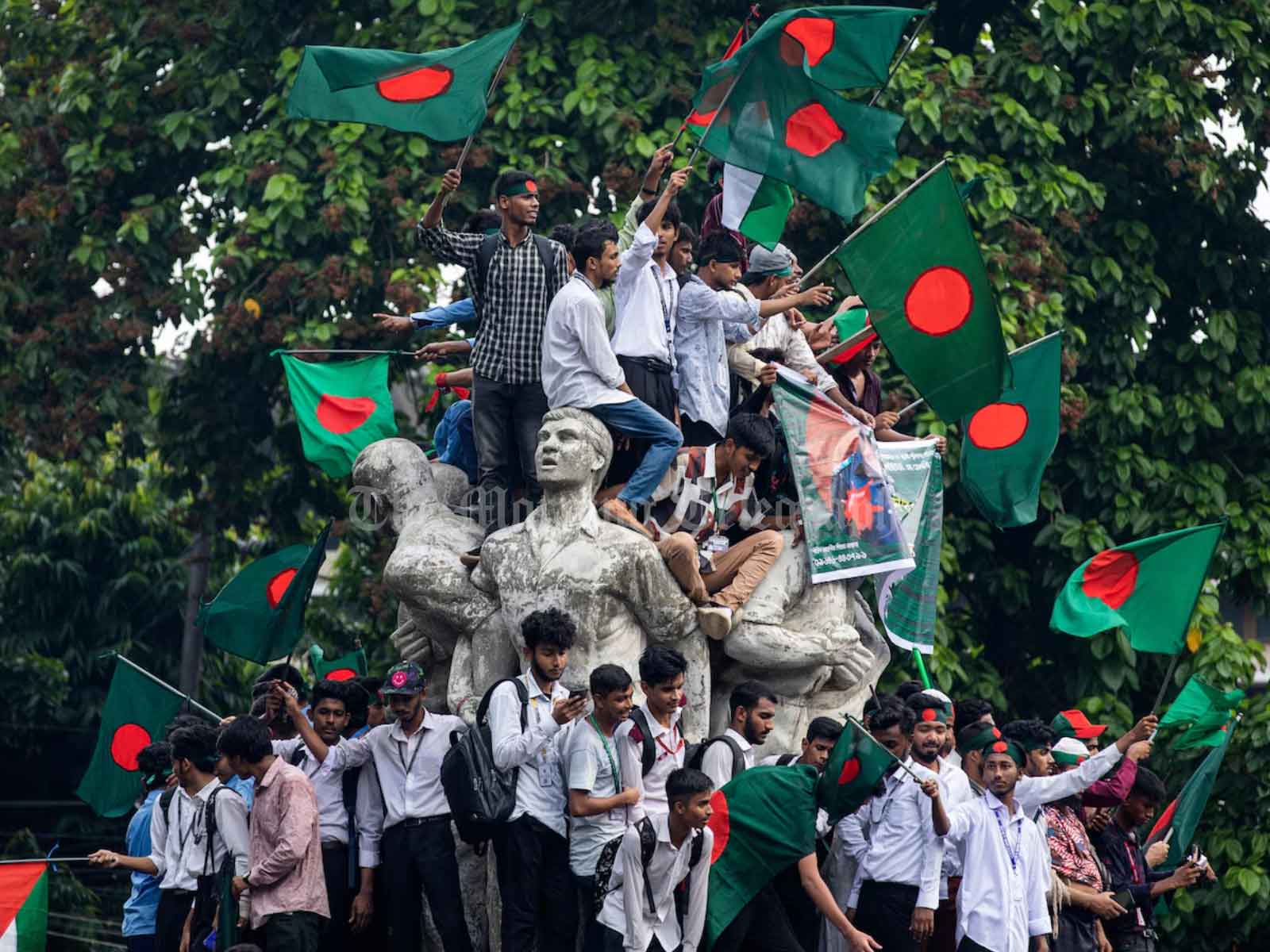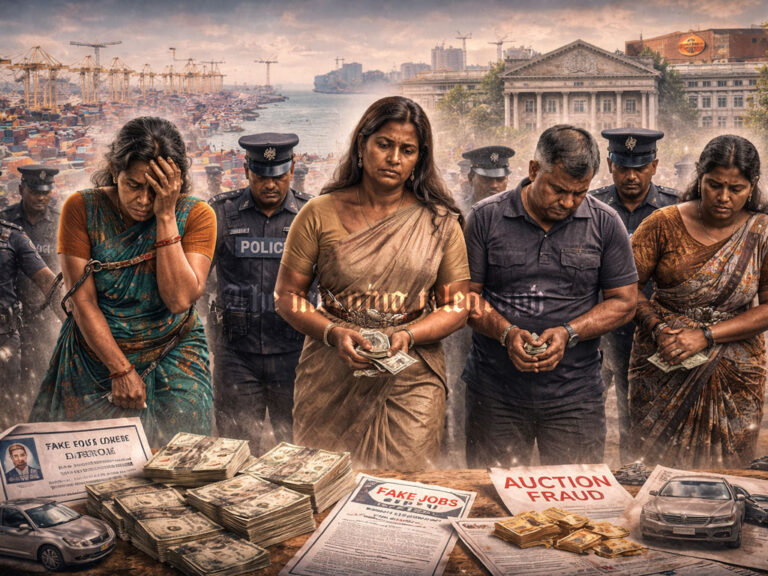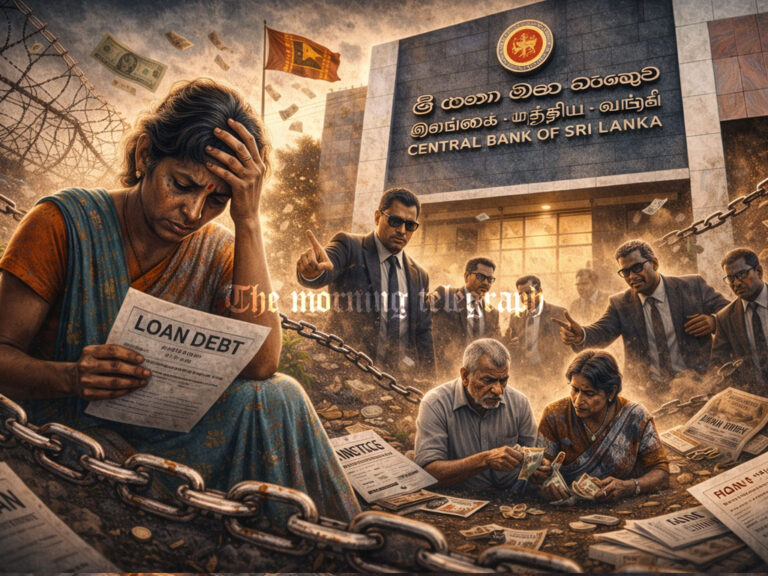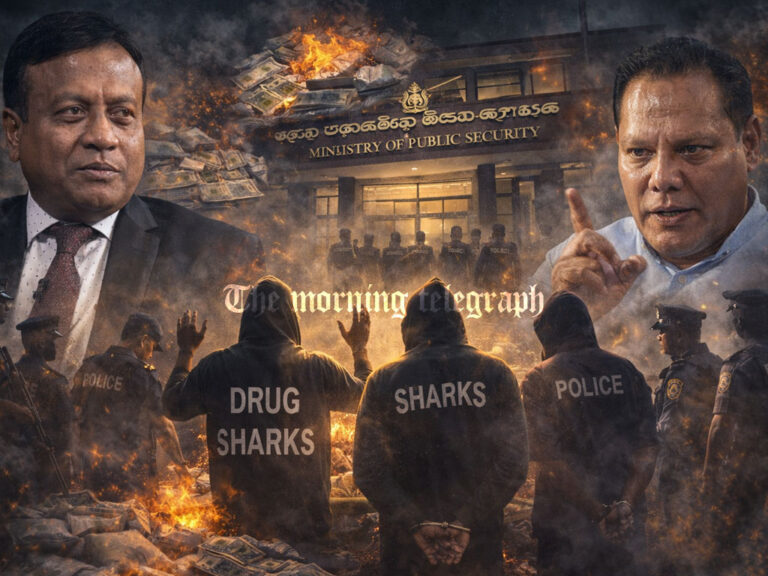
On September 6, 2024, Dhaka saw a massive rally called “March for Martyrs,” commemorating the one-month anniversary of the ouster of former Prime Minister Sheikh Hasina. The event, which drew thousands of students, was marked by continued unrest and violence across Bangladesh under the current caretaker government.
The situation remains volatile, with persistent violence targeting minority communities and supporters of Hasina’s Awami League. Reports have emerged of a tragic incident where a 15-year-old Hindu boy, Utsav Mandol, was allegedly beaten to death by a mob at a police station. Mandol had been summoned by authorities over accusations of posting offensive messages about the Prophet Muhammad on social media. This incident has ignited significant controversy and criticism regarding law enforcement and judicial practices in Bangladesh.
In addition to the social turmoil, Bangladesh faces a severe economic crisis. The country is grappling with dwindling foreign reserves, reduced remittances, soaring inflation, and a declining export sector. The collapse of the garment industry, a cornerstone of Bangladesh’s export economy, exacerbates the economic challenges for the caretaker government.
The combination of political instability and economic difficulties presents a formidable challenge for the current administration, as Bangladesh continues to navigate through a period of significant unrest and uncertainty.




